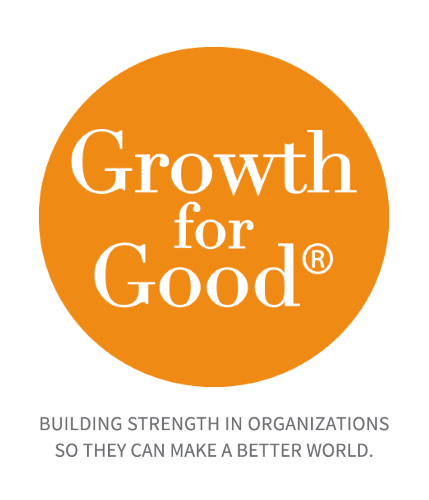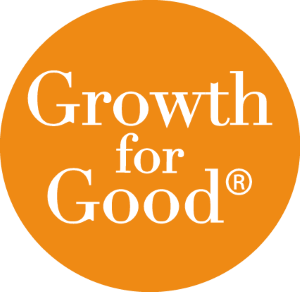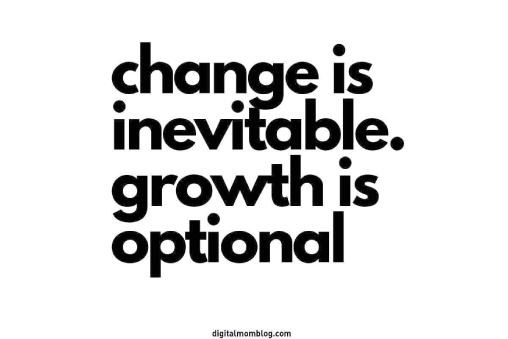Advice for Improving Workplace Culture
Our last enews focused on building nonprofit boards that have a strong culture of belonging. Today, we are sharing some advice on creating human-centered workplace culture that is inclusive and empowering.
Workplace culture defines leadership, behaviors, written and unwritten rules.
The pandemic taught us that working from home can provide greater equity and work-life balance without harming performance. Hybrid work schedules are here to stay and can help nonprofits attract, engage, and retain talent in a tight marketplace.The Black Lives Matter movement has pushed the public sector to go beyond creating policies addressing diversity, equity, inclusion, and belonging, and to truly walk the walk. Employees are leading the charge for change and accountability now more than ever.
The last few years have taught us to be human, to care about each other, and to slow down enough to listen.
Growth for Good’s partner, Claudia Zeldin, hosted a virtual “Capacity to Change” Breakfast Brief with Mission Control. Chanda Gibson, Founder & CEO of 3:08 Collective, a consulting firm dedicated to renovating workplace culture, and Neil Fleischman, former Board Chair of Queens Botanical Garden and NYC Area President of Payday, hosted a meaningful webinar on this subject. [Click here to view the webinar recording.]
“Organizations need to get to the answers themselves for a meaningful unlock to happen; it has to be ‘heart work’ first, then the focus can shift to the ‘head work’ of deciding what to do differently. Whether a member of the Board, leader of the organization, new hire, or a beneficiary of a nonprofit organization’s services, we all have a collective responsibility to derive DEI solutions that as many people can see themselves in as possible; co-creation inspires investment, promotes accountability, and ensures enduring impact.” – Chanda Gibson
In this webinar, Neil and Chanda explore their challenges and successes with Diversity, Equity, and Inclusion (DEI) work in the nonprofit sector and discuss why taking an all-hands-on-deck approach is an invaluable part of the process.
Here are some valuable soundbites and advice we’d like to share:
Gather Different Perspectives: It’s critical that nonprofits continue to evolve, listen, and push for more diverse and equitable cultures.
Empower Change: Employees should be encouraged to develop solutions and be emboldened to advocate for organizational change.
Rise to the Challenge: Workplace culture-building is delicate people work that takes time, vulnerability, and courage to work. Acknowledge that some conversations can be triggering.
Create Safe Spaces: Ensure that your organization has anonymous mechanisms to get feedback and a collaborative process to respond to criticism. Provide open office hours to discuss work culture 1:1 in a nonthreatening way.
Be Self-Aware: Managers need to become more mindful listeners and communicators. Be aware of power differentials that can negatively impact productivity.
Build Community: Consider starting affinity groups to strengthen relationships, create ‘culture carriers,’ and promote greater belonging. By unlocking an employee’s interests, you can gain greater commitment!
Promote Self-Reflection: Create opportunities for sharing, celebrating, connecting, and finding commonality. Share staff survey data or other challenges, outcomes, and progress.
Don’t Stop! A DEIB plan, practices, and resources are a great start, but don’t stop. Continue to involve staff, boards, clients, and stakeholders in this conversation. Challenge your nonprofit organization to continue to evolve to be more supportive and equitable.
Thank you for aspiring to ‘grow for good.’ We wish you great success with your culture-building work.
Photo Credit: 3:08 Collective and Husna Miskandar and Christina @ wocintechchat.com on Unsplash
Growth for Good provides strategic planning, event production, as well as fundraising, marketing, and communications expertise. Our goal is to strengthen our clients’ abilities to effectively and efficiently serve their missions.
Recent Posts
Subscribe to Our Newsletter
* These fields are required.
Contact Us
500 Summit Avenue
Maplewood, NJ 07040
P: 973-762-7645
E: contact@growthforgood.com







